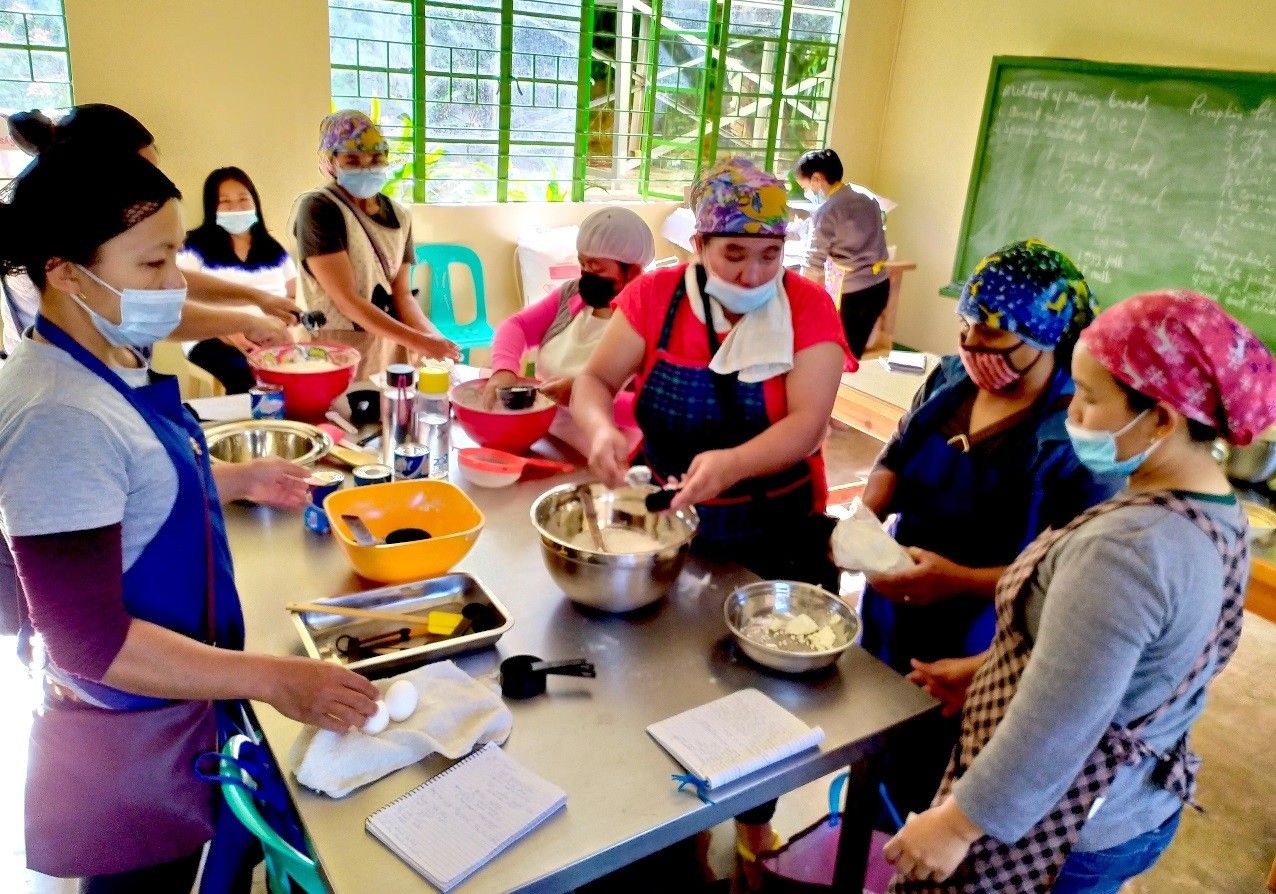Desire for new skills drives Filipinos to enroll in TESDA courses

MANILA, Philippines — More Filipinos have been enrolling in TESDA courses to gain new skills on top of their college degree, challenging the stereotype that vocational training only attracts high school graduates who cannot afford higher education, a new study by a state think tank has found.
A Philippine Institute for Development Studies (PIDS) study found in 2020, that college graduates accounted for the largest share of Technical and Vocational Education and Training (TVET) graduates, or around a third, followed by high school graduates and college undergraduates.
This suggests that there is currently a “shifting composition” of enrollees in TVET, which traditionally has targeted high school graduates, PIDS said.
“There is also a public perception that enrolling in TVET is the last choice for students who cannot afford university expenses. However, this is no longer the case in recent years,” PIDS’ policy note released May 9 stated.
Tech-voc graduates in recent years have also primarily entered the program to improve their skills, based on TESDA data in 2020. At least 50% of TVET graduates said they took up the course “for skills upgrading/enhancement,” while nearly 30% said they enrolled to improve their employment prospects.
This is unlike the previous pattern observed in 2012, where graduates identified employment as their main motivation for enrollment, according to PIDS.
The percentage of TVET students enrolling for "personal use/interest/hobby" has also increased to a substantial 17% in 2020 from 2% in 2012 .
“The significant development in reasons for taking TVET seems to indicate that TVET graduates are increasingly putting emphasis on skills expansion and not just employment,” the PIDS study stated.
This is likely a response to the evolving labor market, characterized by rapid technological innovation and the digitalization of work, which has accelerated the demand for new skills, PIDS added.
While TESDA has seen a steady increase in enrollees in its tech-voc courses from 2011 to 2019, significantly fewer Filipinos enrolled in TVET courses beginning the COVID-19 pandemic.
In 2020, the number of TVET enrollees dropped by more than 60%, or from 2.5 million to around 800,000.
Too much focus on equity? PIDS says TESDA should adjust to market needs
PIDS said that while TVET's community training programs for marginalized sectors meet its goal to achieve equity, these courses are typically of “poorer quality and largely supply-driven, as these are usually underresourced and have limited linkages with industry.”
Meanwhile, enterprise-based training—programs carried out in partnership with companies—“is widely considered the most responsive to industry needs, as it tends to be practical, exhibits close linkages with enterprise requirements,” PIDS said.
RELATED: Poor ‘soft skills?’ Group says industry should also train graduates, support skill development
However, enterprise-based training continues to account for a small proportion of enrollment and graduates, PIDS added.
Among the PIDS paper’s recommendations are to better promote TESDA courses’ responsiveness to the needs of industries, to “(strike) a balance between equity and efficiency goals without compromising one over the other” and to enhance the flexibility of the training programs.
- Latest
- Trending





























